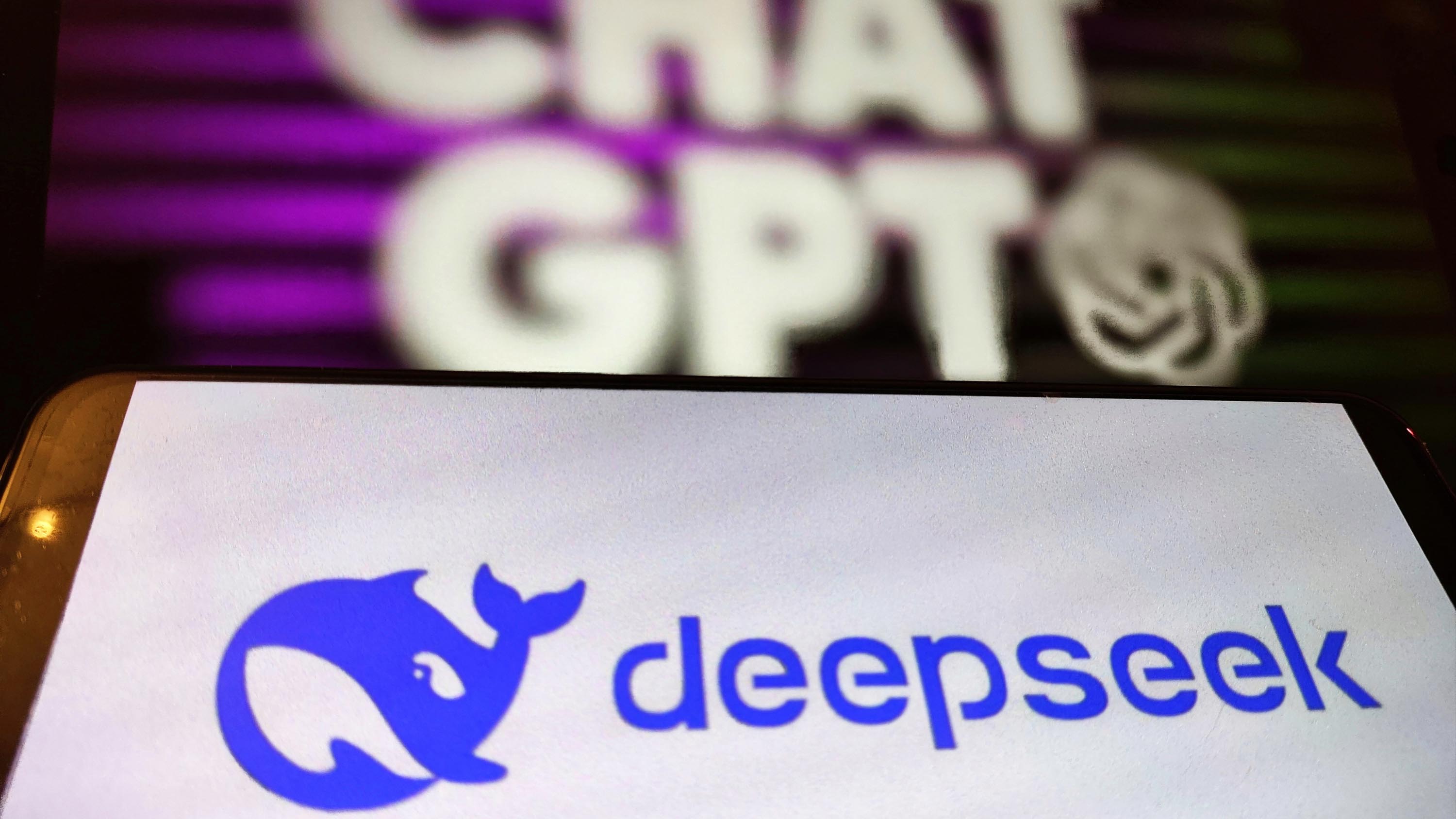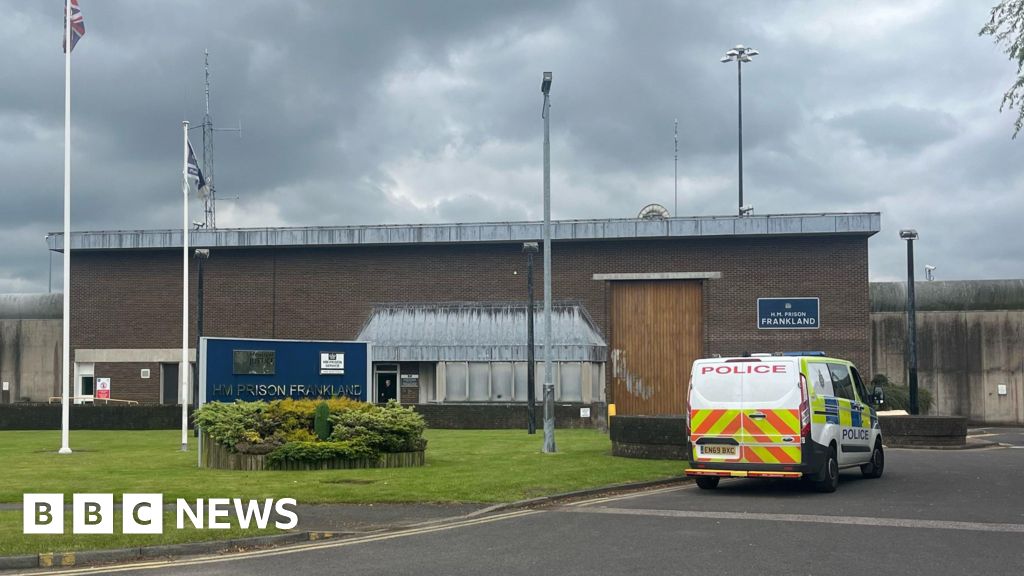Defense Secretary Pete Hegseth Under Scrutiny for Misuse of Communication Channels

Pete Hegseth, the United States Defense Secretary, has recently faced renewed scrutiny due to revelations regarding his use of unauthorized communication channels, adding to the growing controversy surrounding the administration often dubbed as 'Signalgate.' This scandal, which initially seemed overshadowed by various economic discussions, has resurfaced with serious implications for national security and governmental accountability.
According to a report from The New York Times over the weekend, it was disclosed that Hegseth participated in a second group chat where he reportedly shared sensitive information related to U.S. military operations in Yemen with members of his own family. This alarming development arrives at a time when NPR has indicated that the White House is contemplating whether it's time to replace Hegseth, further hinting at the turmoil within the administration.
The current administration shows a distinct preference for using Signal, an end-to-end encrypted messaging application that is favored by journalists, dissidents, and others who require secure communication. Signal stores messages locally and is known for its strong privacy measures when used appropriately. However, the federal government has strict record-keeping mandates to ensure that officials remain accountable for their actions, which makes the use of such apps problematic. Generally, government employees are discouraged from using Signal for discussing sensitive information, except in very restricted circumstances. This increased adoption of Signal by government personnel has also made it a prime target for cybercriminals and hackers.
The recent report claims Hegseth set up a group chat, titled Defense | Team Huddle, on his personal phone. Within this chat, he allegedly shared flight schedules for F/A-18 Hornets that were conducting strikes against the Houthi rebels in Yemen. While the original intent of this chat may have been to discuss mundane administrative matters, it seems to have strayed into the territory of sharing sensitive operational details. U.S. officials have continuously asserted that no classified information was exchanged in this chat, a claim that has raised eyebrows and garnered skepticism from national defense experts.
Adding to the controversy, last week, the Defense Department terminated two senior advisers linked to Hegseth for leaking information, both of whom were members of his so-called huddle group. This raises questions about the hiring practices within the department, especially when those chosen for critical roles appear to lack a fundamental respect for standards and integrity.
On Sunday, the White House attempted to downplay the situation further. Anna Kelly, a spokesperson for the White House, stated, No matter how many times the legacy media tries to resurrect the same nonstory, they cant change the fact that no classified information was shared, as reported by The New York Times. However, the tide of support for Hegseth seems to be dwindling, reminiscent of President Trumps earlier assertions of unwavering confidence in individuals who were subsequently dismissed.
In a statement released on April 20, 2025, Hegseth's supporters portrayed the controversy as a media witch hunt, with prominent figures like Sean Parnell tweeting, Another day, another old storyback from the dead. The Trump-hating media continues to be obsessed with destroying anyone committed to President Trumps agenda.
As discussions swirl around Hegseths possible incompetence or more nefarious intentions regarding his use of Signal, some speculate that it could become a source of future leaks. One can't help but think that it wouldnt be surprising if the Defense Secretary unwittingly shared operational details of the Yemen attacks with anyone within earshot, including his UPS driver. This raises the question of accountability and transparency at the highest levels of government.
The situation becomes even murkier when considering the broader implications of clandestine communications within the administration. There are concerns regarding the implications of Elon Musk's initiatives, like the incorporation of DOGE in government agencies, particularly regarding the collection and potential misuse of sensitive data. Critics worry that the reckless handling of such information could lead to the emergence of a police state, particularly targeting migrants who may be critical of governmental policies. In an environment where accountability is paramount, the use of anonymous accounts and the habit of wiping logs could allow officials to act without oversight.
As this unfolding story continues to develop, many are left questioning: How many other unauthorized group chats might exist within the government that remain undisclosed?

























